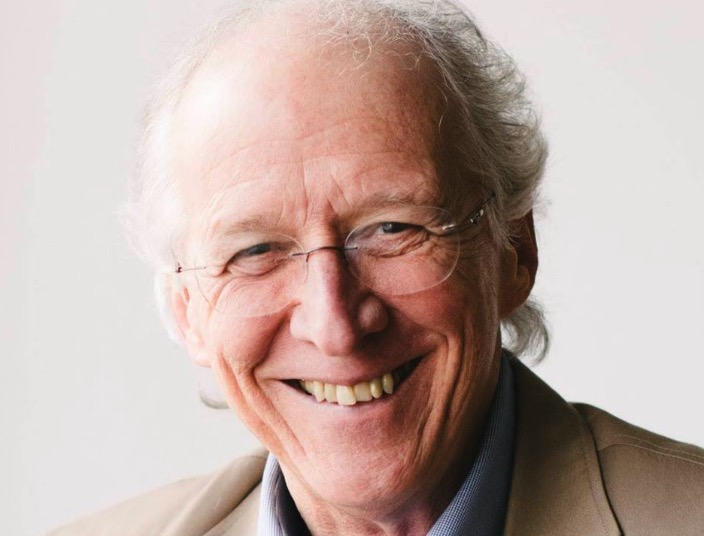A theologian and a psychologist walk into a room, and disagree about suffering — kind of.
John Piper, a longtime pastor and theologian, used a recent episode of his popular podcast, “Ask Pastor John,” to respond to a viral post about suffering and happiness from Canadian psychologist and thought leader Jordan Peterson.
In an X post that has amassed more than two million views, Peterson wrote, “Life is suffering. The purpose of life is not to be happy, but to find something that sustains you in spite of suffering.”
Life is suffering. The purpose of life is not to be happy, but to find something that sustains you in spite of suffering.
— Dr Jordan B Peterson (@jordanbpeterson) November 12, 2024
Piper, 79, agreed with at least part of Peterson’s declaration, acknowledging chasing after fleeting and shallow happiness is a fruitless endeavor. The preacher said on his podcast the 62-year-old author is “right that, for most people, happiness is experienced as fleeting, superficial, unpredictable, and impulsive,” going on to say Peterson is right life should be “profoundly meaningful” and not filled with the vain pursuits of short-lived pleasures.
“I want people to have lives that are profoundly meaningful,” said Piper. “So, amen. Yes.”
That, though, is where their agreement ended. Piper then turned toward explaining where his theology diverges from Peterson’s perspective, delving into his view of so-called “Christian hedonism.”
Piper has summarized it this way: “God is most glorified in us when we are most satisfied in Him.”
Rather than entirely abandoning happiness, the “Battling Unbelief” author believes deep and abiding happiness is attainable — and essential to the Christian life — but only if it is “rooted in God.”
“I’ve been pursuing a different strategy than Jordan Peterson in the hope of rescuing people from the pursuit of fleeting, unpredictable, impulsive, superficial and (I would add) God-dishonoring, Christ-diminishing, Bible-ignoring, damning happiness,” said Piper.
Piper outlined five key reasons Christians should pursue a deep and abiding happiness.
He began by explaining “creation is the overflow of God’s exuberance in being God, in being great and beautiful and valuable, supremely so — so much so that he means to go public with his glory and communicate it.”
Listen to the latest episode of “Quick Start” 👇
Secondly, he pointed to the fact human beings are made in the image of God (Genesis 1:27).
“We are designed to reflect and magnify God’s glory, his greatness and beauty and value,” he said. “That’s what images are for; they image forth what they are images of. We are made to know God and reflect back to him and to each other the beauties of God.”
Third, because of this broken world, Piper acknowledged no one lives out these values perfectly, because humans are born “enemies of God,”
Lastly, he said godly happiness is “essential” to the Christian life.
“I found in the Bible that being supremely happy in God, supremely satisfied in God, supremely content in God, is essential to glorifying God and showing that he’s supremely valuable and beautiful,” he said. “And this is true especially in our suffering. It shows that he’s valuable, more valuable than health, if we maintain our happiness, our satisfaction, our contentment, our joy, our delight in God, in suffering.”
Referencing Philippians 1:20-23, Piper added, “If we can maintain a deep and unshaken happiness in God through suffering, we make Him look as precious as He really is.”
In the end, Piper pointed to Psalm 16:11 to make his point. In the verse, the psalmist wrote, “You will show me the way of life, granting me the joy of your presence and the pleasures of living with you forever” (NLT).
“Enjoying him is not a byproduct of something greater,” he explained. “It is the essence of human greatness. It is the essence of worship.”
As the number of voices facing big-tech censorship continues to grow, please sign up for Faithwire’s daily newsletter and download the CBN News app, developed by our parent company, to stay up-to-date with the latest news from a distinctly Christian perspective.



